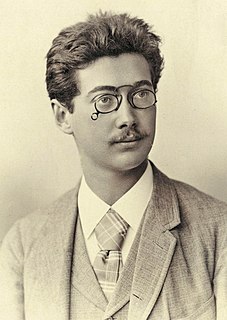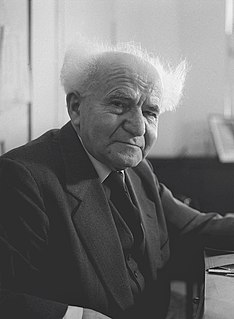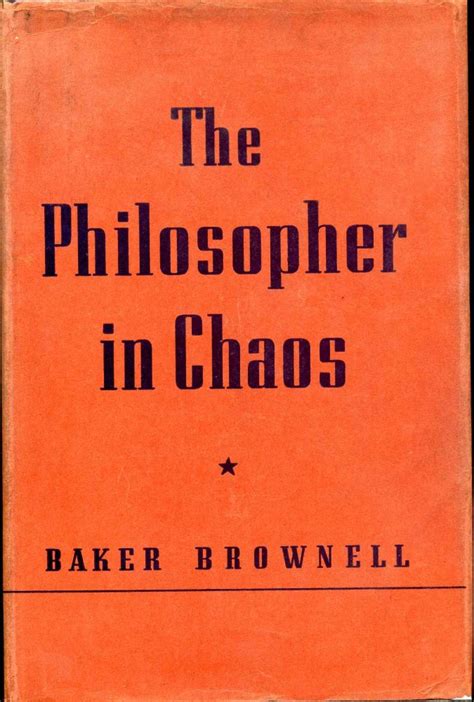A Quote by Gustav Landauer
The State is a condition, a certain relationship between human beings, a mode of behavior; we destroy it by contracting other relationships, by behaving differently toward one another....We are the state, and we shall continue to be the state until we have created the institutions that form a real community and society of men.
Related Quotes
Abortion on demand is the ultimate State tyranny; the State simply declares that certain classes of human beings are not persons, and therefore not entitled to the protection of the law. The State protects the 'right' of some people to kill others, just as the courts protected the 'property rights' of slave masters in their slaves. Moreover, by this method the State achieves a goal common to all totalitarian regimes: it sets us against each other, so that our energies are spent in the struggle between State-created classes, rather than in freeing all individuals from the State.
War is then not a relationship between one man and another, but a relationship between one State and another, in which individuals are enemies only by accident, not as men, nor even as citizens, but as soldiers; not as members of the fatherland, but as its defenders. Finally, any State can only have other States, and not men, as enemies, inasmuch as it is impossible to fix a true relation between things of different natures.
Cumulatively, American society is sliding toward a new form of 'authoritarian democracy'. Elections continue, free speech is generally protected, institutions operate in accordance with the Constitution, but the reality of state - society relations is dramatically altered by the counter-terrorist claims of emergency rule and the right of exception.
A partial Jewish State is not the end, but only the beginning. ... I am certain that we will not be prevented from settling in the other parts of the country, either by mutual agreements with our Arab neighbors or by some other means. . . [If the Arabs refuse] we shall have to speak to them in a different language. But we shall only have another language if we have a state.
Art arises in those strange complexities of action that are called human beings. It is a kind of human behavior. As such it is not magic, except as human beings are magical. Nor is it concerned in absolutes, eternities, "forms," beyond those that may reside in the context of the human being and be subject to his vicissitudes. Art is not an inner state of consciousness, whatever that may mean. Neither is it essentially a supreme form of communication. Art is human behavior, and its values are contained in human behavior.
I think the other side of this is in this balance between the social state and the punishing state, remember, the social state has been decimated. And the question becomes, how is finance capital, how does the 1 percent now resort to governing? And they govern basically through a form of lawlessness and what I call the punishing state, in which we've had a punishment creep, and now it moves from the prison to almost every institution in society, from airports to schools to social services.
It is unfortunately none too well understood that, just as the State has no money of its own, so it has no power of its own. All the power it has is what society gives it, plus what it confiscates from time to time on one pretext or another, there is no other source from which State power can be drawn. Therefore every assumption of State power, whether by gift or seizure leaves society with so much less power; there is never, nor can be, any strengthening of State power without a corresponding and roughly equivalent depletion of social power.
The State did not originate in any form of social agreement, or with any disinterested view of promoting order and justice. Far otherwise. The State originated in conquest and confiscation, as a device for maintaining the stratification of society permanently into two classes-an owning and exploiting class, relatively small, and a propertyless dependent class. . . . No State known to history originated in any other manner, or for any other purpose than to enable the continuous economic exploitation of one class by another.
People who live in states have as a rule never experienced the state of nature and vice-versa, and have no practical possibility of moving from the one to the other ... On what grounds, then, do people form hypotheses about the relative merits of state and state of nature? ... My contention here is that preferences for political arrangements of society are to a large extent produced by these very arrangements, so that political institutions are either addictive like some drugs, or allergy-inducing like some others, or both, for they may be one thing for some people and the other for others.





























